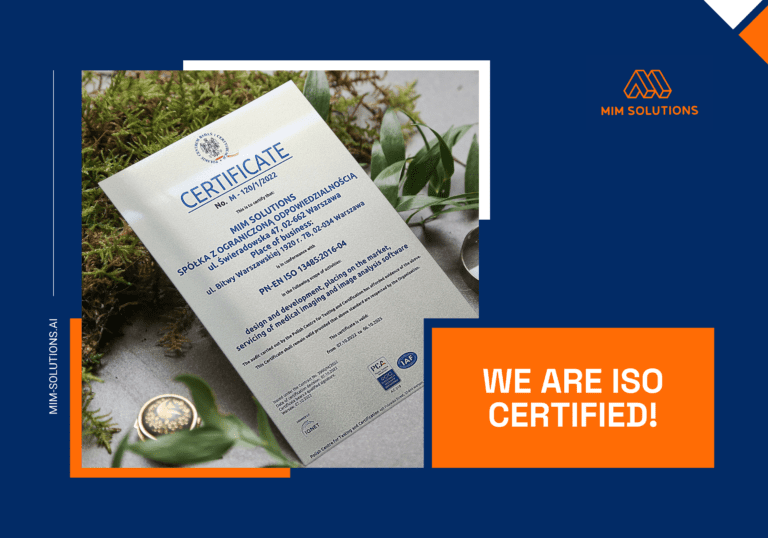Prof. Piotr Sankowski from the University of Warsaw, Faculty of Mathematics, Computer Science and Mechanics, University of Warsaw, CSO at MIM Solutions, and CEO IDEAS NCBR gave an interview to the OSOZ Polska magazine.
Professor Piotr Sankowski was asked about the possibilities and limitations of AI in medicine, whether algorithms can analyze medical images or find dependencies in patients’ medical data with greater accuracy than doctors, how accurate such calculations are, and about the determinants of decision-making by algorithms.
The main conclusions of Professor Piotr Sankowski are that we cannot currently entrust making significant decisions to artificial intelligence algorithms. However, they can advise doctors. It is also essential that data is shared to create algorithms for medicine. In addition, to understand the decisions of AI systems, it is necessary to make new techniques for teaching neural networks and creating AI algorithms that will assume that a human can understand them. We are also facing an era of intensive research on artificial intelligence, so it is essential that Poland also participates in this process. We have to invest and create a new Institute of Artificial Intelligence, because without it, in a few years we will not be able to participate in the technological race. Hence, in the first half of 2021, IDEAS NCBR, a new research and development center operating in artificial intelligence and digital economy, was launched in Poland.
The whole statement of Professor Piotr Sankowski in Polish you may find here – Read more>>
Source: OSOZ







